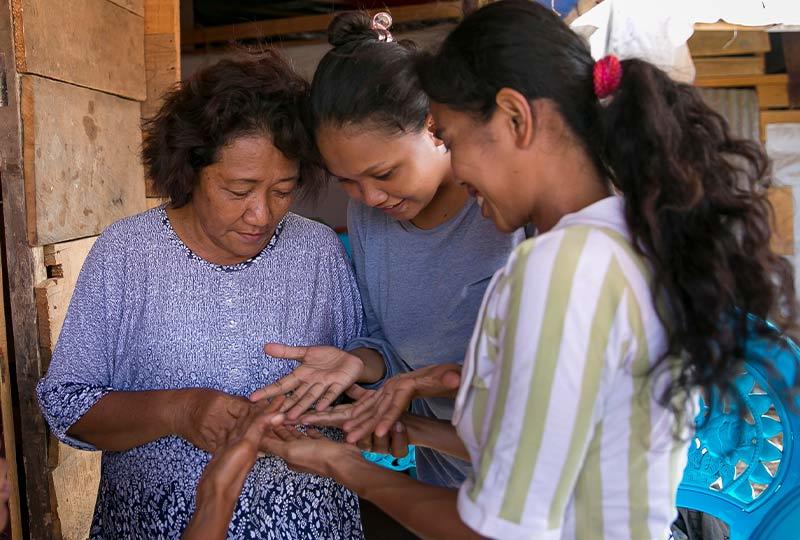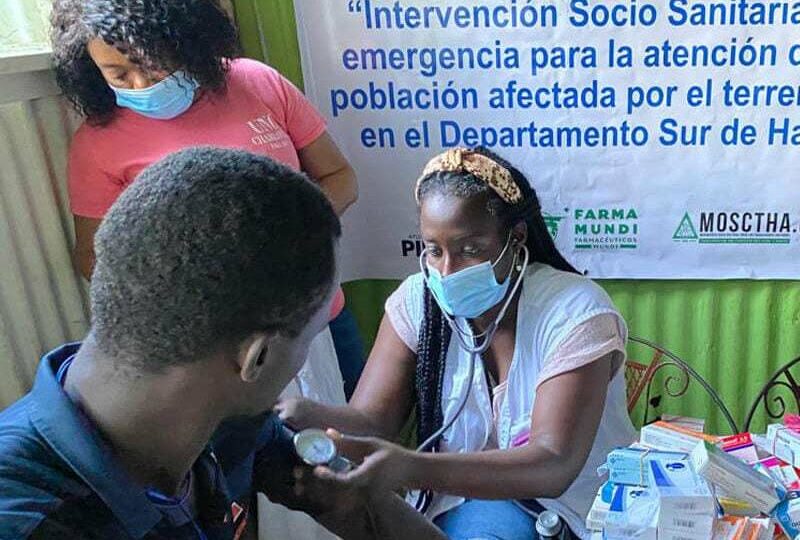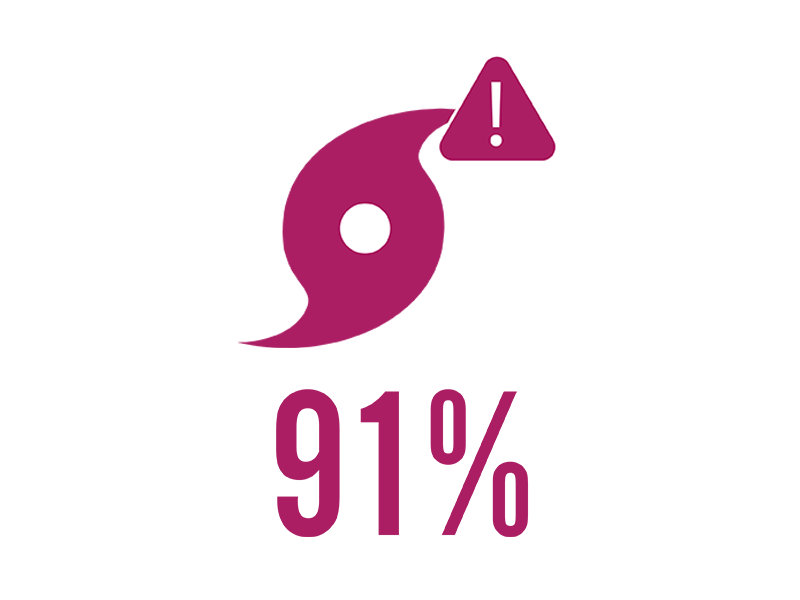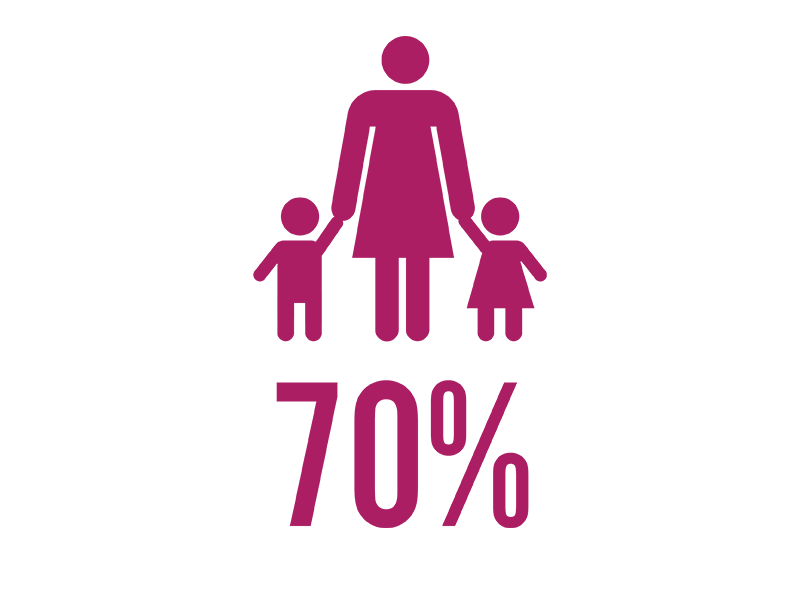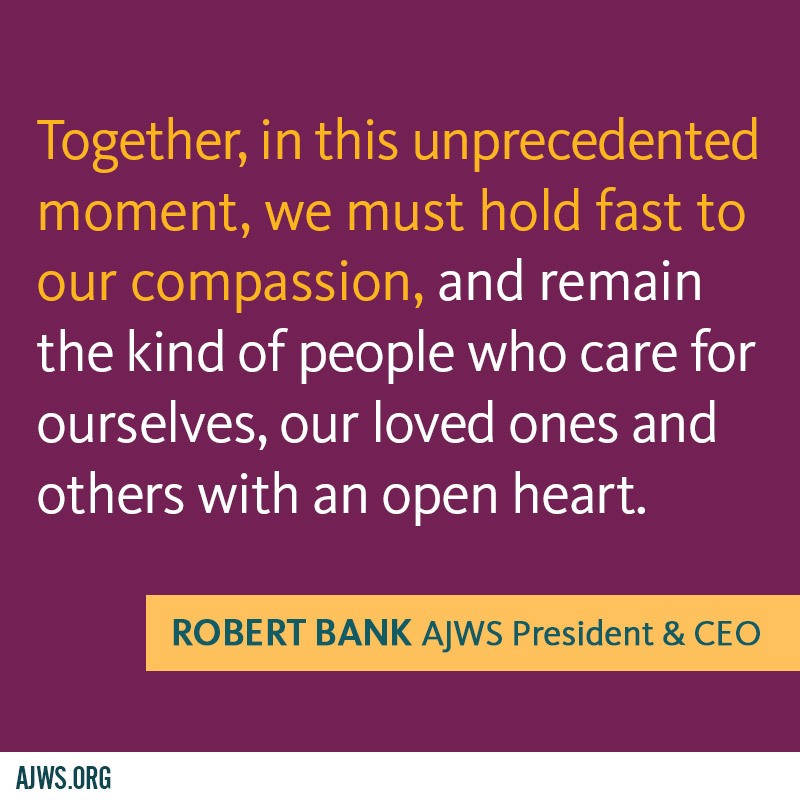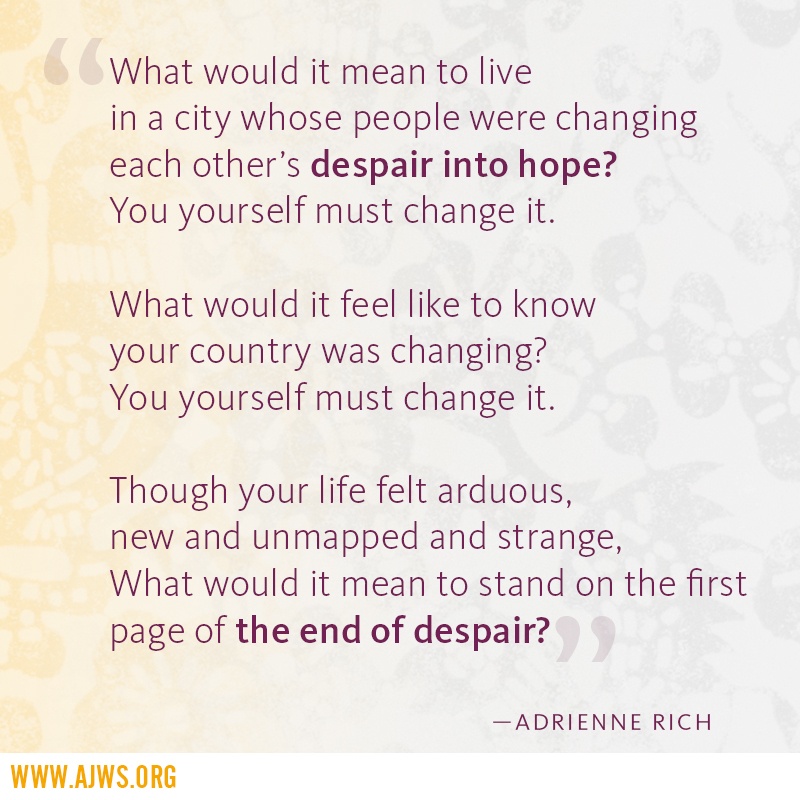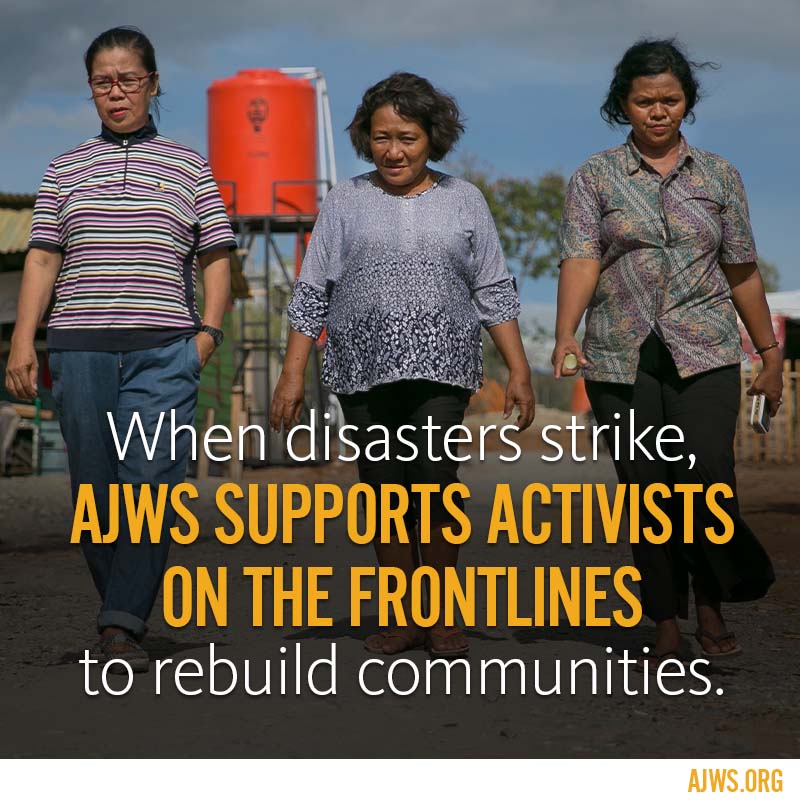The Challenges
In the wake of a hurricane, earthquake, tsunami or humanitarian crisis, people are left reeling, devastated by the loss of family, friends and their homes. In the immediate aftermath, they struggle to find the food, water and shelter they need to survive. Emergencies like these are on the rise.
In 2022, approximately 274 million people needed humanitarian assistance. This number shattered previous records, and demonstrated the extent to which the climate crisis and other complex political and humanitarian crises have converged to create an unprecedented global scale of need. The number of storms and floods around the world, for example, both increased more than 20% since the last decade. The climate crisis, if unchecked, could push up to 130 million people into poverty over the next 10 years.
What’s more, these crises result in disasters that disproportionately affect communities in the Global South. While the climate crisis, food insecurity, inflation and conflict all have a dire effect on all people, marginalized populations—including women and girls, Indigenous People, ethnic and religious minorities, rural populations, people employed in the informal economy (including sex workers), refugees and internally displaced people, and LGBTQI+ communities—are disproportionately impacted. Governments have also used crises as an excuse to violate the rights and disregard the needs of these groups, deepening inequity and injustice.
How We Make Change
AJWS responds rapidly after disasters by mobilizing financial support from our donors and sending aid directly to our partners on the ground. We listen to local organizations and activists who know their communities best, ensuring that the right kinds of help will quickly reach those who need it most.
We fill critical gaps in aid by prioritizing survivors from marginalized communities, recognizing that disasters exacerbate existing inequalities and further compound issues such as poverty and food insecurity. AJWS also responds to smaller disasters that don’t make the U.S. news or elicit international aid responses. These floods, mudslides and typhoons are devastating—and the aid we provide is often the only support survivors receive.
AJWS helps build resilience for the future. Because our partners and their communities are particularly vulnerable to the impacts of the climate crisis, we invest in projects that prepare for and mitigate the effects of climate disasters. And we stay the course—supporting long-term efforts to create lasting change as communities recover, build more equitable societies and grow more resilient against future threats.
